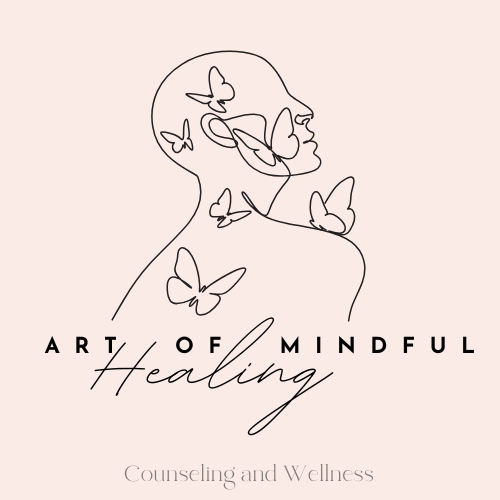Emotional Sobriety:
Emotional Sobriety: Freedom, Balance, and Growth
Dr. Allen Berger, a leading voice in recovery, reminds us that healing from addiction is not only about abstinence—it’s about building a new relationship with ourselves, with others, and with the world around us. This deeper transformation is what he calls emotional sobriety.
What Is Emotional Sobriety?
Emotional sobriety means we stop reacting to our emotions as if they were absolute truth. Instead, we learn to experience emotions without being ruled by them.
It is made possible by emotional and spiritual maturity.
It’s grounded in humility—being “right sized,” neither inflated nor diminished in self-worth.
In this state, we achieve balance and integration in all areas of life.
Why Emotional Sobriety Matters in your healing journy
Developing emotional sobriety gives us tools to live with clarity, purpose, and connection:
Self-Responsibility – No one is coming to fix us. Recovery requires effort and accountability.
Acceptance – We surrender demands and expectations, making peace with what is.
Freedom from Perfectionism – Learning “I’m OK, you’re OK” in our imperfect humanity.
Forgiveness – Releasing grievances that come from taking things too personally or blaming others.
Purpose & Service – Living beyond self-centered aims brings meaning, humility, and connection.
Healthy Relationships – Relationships become a testing ground for boundaries, integrity, and authenticity.
Core Principles of Emotional Sobriety
The opposite is emotional insecurity, dependency, and immaturity—drivers of addiction.
Recovery is about growing up emotionally, learning self-regulation without substances or over-reliance on others.
Differentiation: I am responsible for my emotions and behavior; others are responsible for theirs.
Practices for Developing Emotional Sobriety
Conscious Living: Mindfulness and awareness of feelings, values, and the present moment.
Identify Emotional Dependencies: Notice unreasonable “shoulds” and “musts.”
It’s Not Personal: Remember that others’ actions reflect them, not our worth.
Support Beyond Emotional Sobriety
While emotional sobriety is central, many people also find strength and tools in other peer support programs. Here are three well-established options:
1. Emotions Anonymous (EA)
A 12-Step program adapted for people struggling with overwhelming emotions like anxiety, depression, anger, or fear.
Open to anyone—no diagnosis required.
Confidential, anonymous, free, and peer-led.
Weekly meetings available in-person and online.
Core tools: 12 Steps, Traditions, Concepts, Promises, and approved EA literature.
Find an EA Meeting
2. SMART Recovery
Science-based peer support using CBT and motivational tools.
Helps with substance use, behavioral addictions, and emotional regulation.
Focuses on self-empowerment, self-reliance, and practical skills.
Core 4-Point Program®:
Building motivation
Coping with urges
Managing thoughts, feelings, behaviors
Living a balanced life
Meetings are free, structured, and tool-based.
Find a SMART Recovery Meeting
3. Refuge Recovery
A Buddhist-inspired recovery program based on mindfulness and meditation.
Sees addiction and emotional suffering as rooted in craving and aversion.
Teaches mindfulness, compassion, and the Four Noble Truths and Eightfold Path.
Meetings often include meditation followed by group discussion.
Useful for both addiction recovery and emotional regulation.
Find an Online Refuge Recovery Meeting
Recovery is more than stopping a behavior—it’s about learning to live with balance, acceptance, and emotional maturity. Emotional sobriety is the foundation that makes lasting recovery possible.
Whether you connect most with the 12-Step path of Emotions Anonymous, the practical tools of SMART Recovery, or the mindful compassion of Refuge Recovery, there are communities and practices ready to support you.
The journey of recovery is not only about being sober—it’s about becoming whole.

